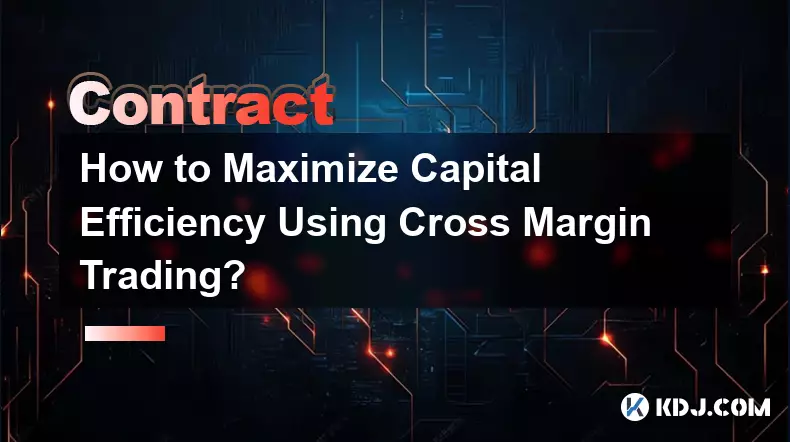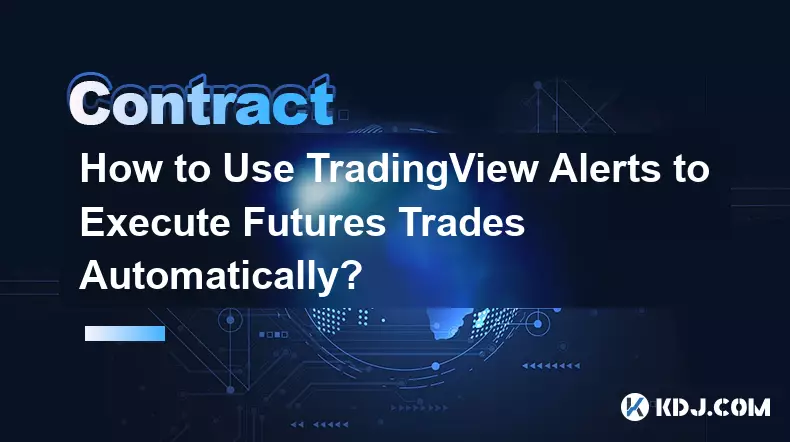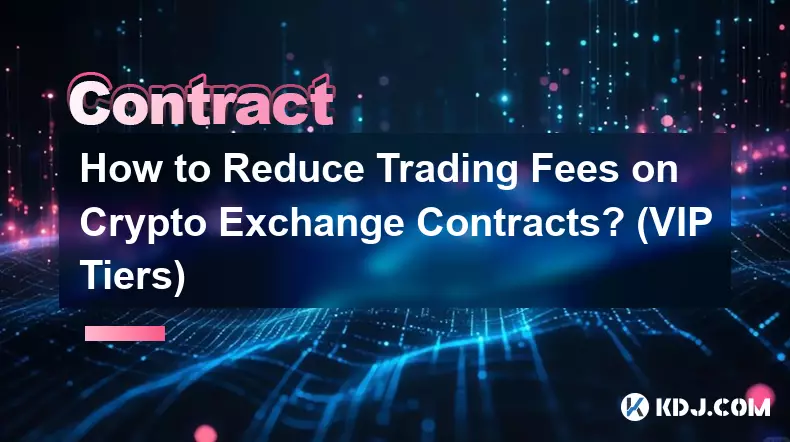-
 bitcoin
bitcoin $87959.907984 USD
1.34% -
 ethereum
ethereum $2920.497338 USD
3.04% -
 tether
tether $0.999775 USD
0.00% -
 xrp
xrp $2.237324 USD
8.12% -
 bnb
bnb $860.243768 USD
0.90% -
 solana
solana $138.089498 USD
5.43% -
 usd-coin
usd-coin $0.999807 USD
0.01% -
 tron
tron $0.272801 USD
-1.53% -
 dogecoin
dogecoin $0.150904 USD
2.96% -
 cardano
cardano $0.421635 USD
1.97% -
 hyperliquid
hyperliquid $32.152445 USD
2.23% -
 bitcoin-cash
bitcoin-cash $533.301069 USD
-1.94% -
 chainlink
chainlink $12.953417 USD
2.68% -
 unus-sed-leo
unus-sed-leo $9.535951 USD
0.73% -
 zcash
zcash $521.483386 USD
-2.87%
BitFlyer leverage trading rules
Leverage trading, available on platforms like BitFlyer, amplifies potential returns but carries inherent risks requiring careful consideration and risk management strategies.
Nov 16, 2024 at 12:16 pm

Leverage trading is a powerful tool that can be used to increase potential returns, but it can also be risky if not used properly. BitFlyer is one of the largest cryptocurrency exchanges in the world, and it offers a variety of leverage trading options.
1. What is leverage trading?Leverage trading allows you to borrow money from a broker to trade cryptocurrencies. This can give you more buying power, but it also increases your potential losses. For example, if you have $100 of your own money and you use 10x leverage, you can trade with $1,000. This means that you could potentially make $100 profit with just a $1 price increase. However, if the price decreases by $1, you could lose your entire $100 investment.
2. What are the risks of leverage trading?Leverage trading can be very risky, and it is important to understand the risks before you start trading. The biggest risk is that you could lose more money than you have invested. If the price of a cryptocurrency moves against you, you could end up owing your broker money.
Another risk of leverage trading is that it can lead to emotional trading. When you are trading with borrowed money, it can be easy to get caught up in the excitement of the market and make poor decisions. This can lead to even bigger losses.
3. How to trade leverage on BitFlyerTo trade leverage on BitFlyer, you will need to open a margin trading account. Once you have a margin trading account, you can borrow from your broker to trade cryptocurrencies.
- Specify the currency you want to leverage trade.
You will need to decide which cryptocurrency you want to trade with leverage. BitFlyer offers leverage trading on a variety of popular cryptocurrencies, including Bitcoin, Ethereum, Litecoin, and Ripple.
- Open a position.
Once you have chosen a cryptocurrency to trade, you can open a position using leverage. You can choose to go long or short. Going long means that you are betting that the price of the cryptocurrency will increase. Going short means that you are betting that the price of the cryptocurrency will decrease.
- Set the leverage amount.
You will need to set the amount of leverage that you want to use. BitFlyer offers leverage up to 10x. This means that you can borrow up to 10 times your account balance.
- Monitor your position.
Once you have opened a position, you need to monitor it closely. The price of cryptocurrencies can move quickly, so it is important to make sure that you are not losing too much money. You can adjust your leverage level at any time, but it is important to remember that this can also increase your potential losses.
4. When to use leverage trading?Leverage trading can be a powerful tool, but it is not suitable for all traders. If you are a beginner, it is important to start out with a small amount of leverage. You should also only trade with leverage if you are comfortable with the risks involved.
5. When to avoid leverage trading?There are a few situations where you should avoid leverage trading. These include:
- When you are a beginner.
If you are a beginner, it is important to learn how to trade without leverage before you start using it. This will help you to understand the risks involved and how to manage your risk.
- When you do not have a clear trading plan.
If you do not have a clear trading plan, you should avoid leverage trading. Leverage can amplify losses, so it is important to have a plan in place before you start trading with it.
- When you are emotional.
If you are emotional, you should avoid leverage trading. When you are trading on emotion, you are more likely to make poor decisions. This can lead to even bigger losses.
6. Best practices for leverage tradingIf you do decide to use leverage trading, there are a few best practices that you can follow to help you manage your risk. These include:
- Use a stop-loss order to limit your losses.
A stop-loss order is an order that will automatically sell your cryptocurrency if the price falls below a certain level. This can help you to protect your profits and limit your losses.
- Do not trade with all of your money.
When you trade with leverage, it is important to not risk more money than you can afford to lose.
- Only trade with leverage on cryptocurrencies that you understand.
Do not trade with leverage on cryptocurrencies that you do not understand. This can lead to losses.
Disclaimer:info@kdj.com
The information provided is not trading advice. kdj.com does not assume any responsibility for any investments made based on the information provided in this article. Cryptocurrencies are highly volatile and it is highly recommended that you invest with caution after thorough research!
If you believe that the content used on this website infringes your copyright, please contact us immediately (info@kdj.com) and we will delete it promptly.
- Exaverse Roars into the Roguelike Scene: A Dinosaur Adventure Awaits!
- 2026-02-05 00:30:01
- Big Apple Crunch: Bitcoin Mining Faces Profit Crisis as Block Time Spikes and the Difficulty Dial Gets a Hard Reset
- 2026-02-05 00:50:02
- Bitcoin's Bear Market Woes: Investors Scramble for Crypto Buy Opportunities Amidst Shifting Sands
- 2026-02-05 00:55:01
- UBS Charts Savvy Digital Asset Strategy: A Wall Street Giant's Measured Crypto Play
- 2026-02-05 00:50:02
- AI Revolutionizes Penny Error Hunting: Unlocking Hidden Coin Value
- 2026-02-04 21:50:02
- Blockchain Evolution: Bitcoin Core Welcomes New Maintainer, Ethereum Explores ERC-8004, and L2s Advance
- 2026-02-04 21:45:01
Related knowledge

How to Manage Emotions and "Revenge Trading" in Futures?
Feb 05,2026 at 12:19am
Understanding Emotional Triggers in Futures Markets1. Market volatility directly impacts psychological states, often amplifying fear or euphoria based...

How to Use Volume Profile to Find Key Futures Entry Levels?
Feb 04,2026 at 11:39pm
Understanding Volume Profile Structure1. Volume Profile displays the distribution of traded volume at specific price levels over a defined time period...

How to Maximize Capital Efficiency Using Cross Margin Trading?
Feb 05,2026 at 12:40am
Cross Margin Trading Fundamentals1. Cross margin trading allows traders to use their entire account balance as collateral for open positions across mu...

How to Use TradingView Alerts to Execute Futures Trades Automatically?
Feb 04,2026 at 09:00pm
Setting Up TradingView Alerts for Futures Contracts1. Log into your TradingView account and open the chart of the desired futures instrument—such as B...

How to Use One-Way Mode vs. Hedge Mode in Futures Trading?
Feb 04,2026 at 06:19pm
Understanding One-Way Mode1. One-way mode establishes a single position direction per asset—either long or short—at any given time. 2. Traders cannot ...

How to Reduce Trading Fees on Crypto Exchange Contracts? (VIP Tiers)
Feb 04,2026 at 10:20pm
VIP Tier Structure and Eligibility Criteria1. Each major crypto exchange implements a tiered VIP system where users qualify based on their 30-day cumu...

How to Manage Emotions and "Revenge Trading" in Futures?
Feb 05,2026 at 12:19am
Understanding Emotional Triggers in Futures Markets1. Market volatility directly impacts psychological states, often amplifying fear or euphoria based...

How to Use Volume Profile to Find Key Futures Entry Levels?
Feb 04,2026 at 11:39pm
Understanding Volume Profile Structure1. Volume Profile displays the distribution of traded volume at specific price levels over a defined time period...

How to Maximize Capital Efficiency Using Cross Margin Trading?
Feb 05,2026 at 12:40am
Cross Margin Trading Fundamentals1. Cross margin trading allows traders to use their entire account balance as collateral for open positions across mu...

How to Use TradingView Alerts to Execute Futures Trades Automatically?
Feb 04,2026 at 09:00pm
Setting Up TradingView Alerts for Futures Contracts1. Log into your TradingView account and open the chart of the desired futures instrument—such as B...

How to Use One-Way Mode vs. Hedge Mode in Futures Trading?
Feb 04,2026 at 06:19pm
Understanding One-Way Mode1. One-way mode establishes a single position direction per asset—either long or short—at any given time. 2. Traders cannot ...

How to Reduce Trading Fees on Crypto Exchange Contracts? (VIP Tiers)
Feb 04,2026 at 10:20pm
VIP Tier Structure and Eligibility Criteria1. Each major crypto exchange implements a tiered VIP system where users qualify based on their 30-day cumu...
See all articles










































































